On a Tiny Tax-Free Island 100 Miles from the UK, Life Is Radically Different
An island smaller than many others located almost 100 miles away from Britain, boasting just three bars, having fewer than a thousand residents, and prohibiting vehicles may seem an unlikely setting for the newest movement led by Generation Z. However, this could very well be where such change begins.
However, for Jade Right, who is 23 years old and hails from Oxfordshire, the notion of exchanging her island lifestyle for the fast-paced environment of the mainland doesn’t make any sense at all.
Interestingly, Jade along with an increasing number of young adults from England to Australia, are being drawn to the picturesque and refined island of Sark, located 80 miles off the coast of Dorset.
Jade informed MailOnline: 'I initially came here for a three-week vacation but decided to stay.'
'Getting a job in hospitality is simple;CVs aren’t required, and employers take good care of their staff.'
Much to the entertainment of the elderly residents, the island has begun gaining traction on social media platforms.
Generation Z has discovered Sark, and videos featuring young individuals raving about its stunning landscapes and distinctive lifestyle have begun circulating on TikTok.
But while some 20-somethings living back in the UK are swooning over the island's picturesque coastline - others have moved there with money on their minds.
Similar to the other Channel Islands, Sark is regarded as a tax haven where inhabitants are not required to pay income tax, inheritance tax, capital gains tax, or VAT.
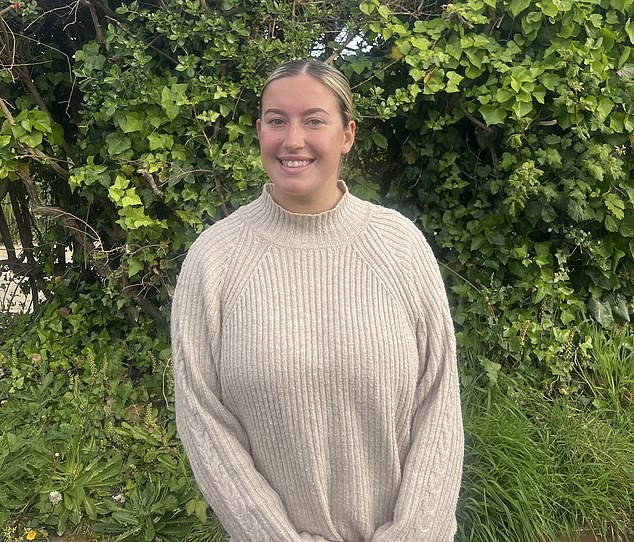
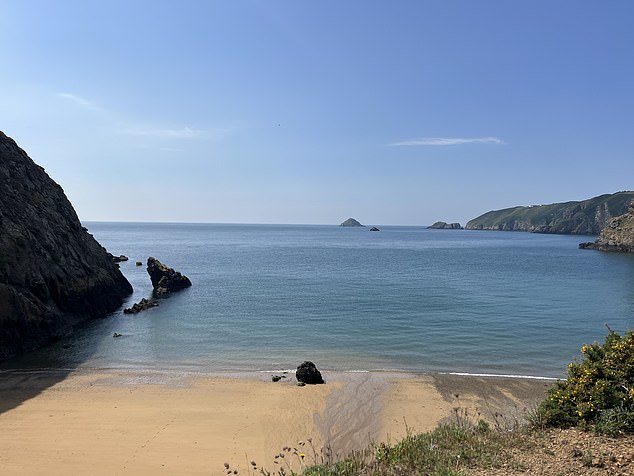
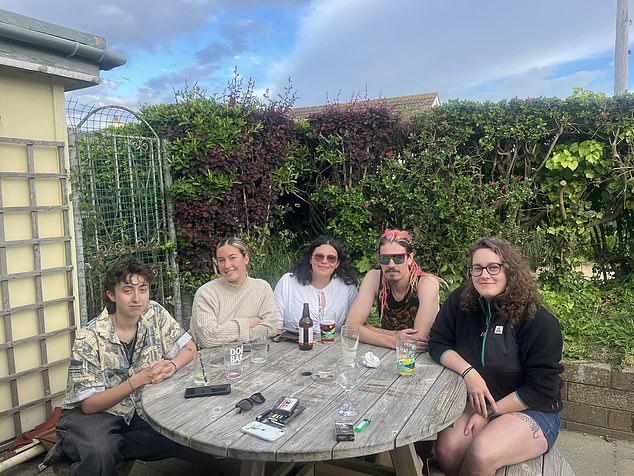
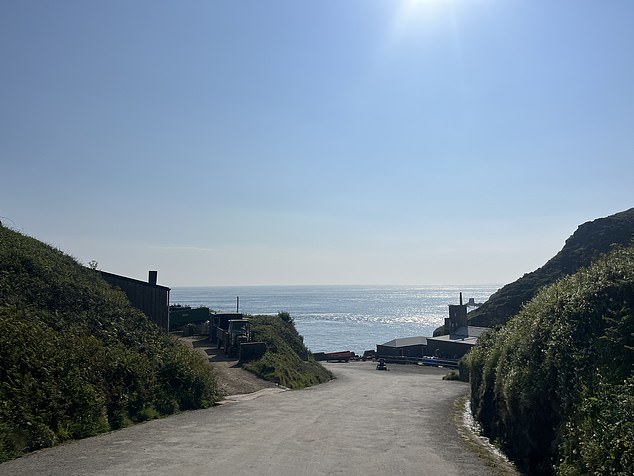

The tax document they use is just one page long and can be filled out in about five minutes. It asks residents to pay a property tax based on the size of their home along with a modest personal wealth tax.
These perks attract a range of people to the island, which Jade says is one of the many great things Sark has going for it.
She said: 'You've got people from different backgrounds but everyone's really humble, it's a massive community.
'There's a lot of tax avoiders, Germans come here and buy properties.
'If you travel in winter you don't have to pay tax but it's only £500 for the whole year, £67.10 a month and that's only if you're here in January and February.'
The main industry in Sark is tourism; their season running from March to October so the available jobs on the island, which are plentiful, are in hospitality or trade.
The most recent census conducted on the island was in 2022, indicating that the population had reached 562 individuals, which doubles during the peak season.
A number of temporary residents who live on the island plan to utilize the tax incentives to save money and intend to use these savings for travel during the colder months.

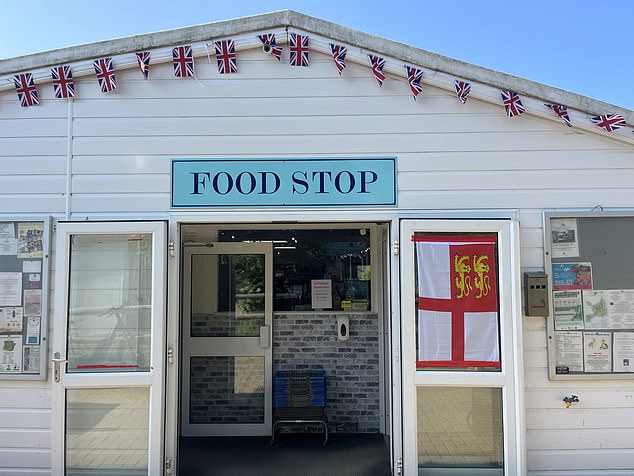

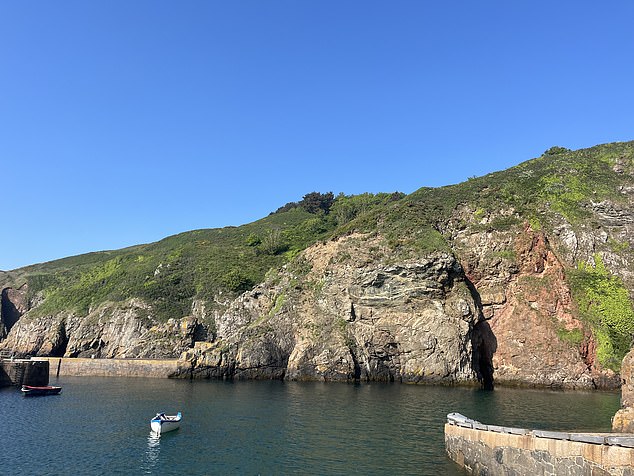
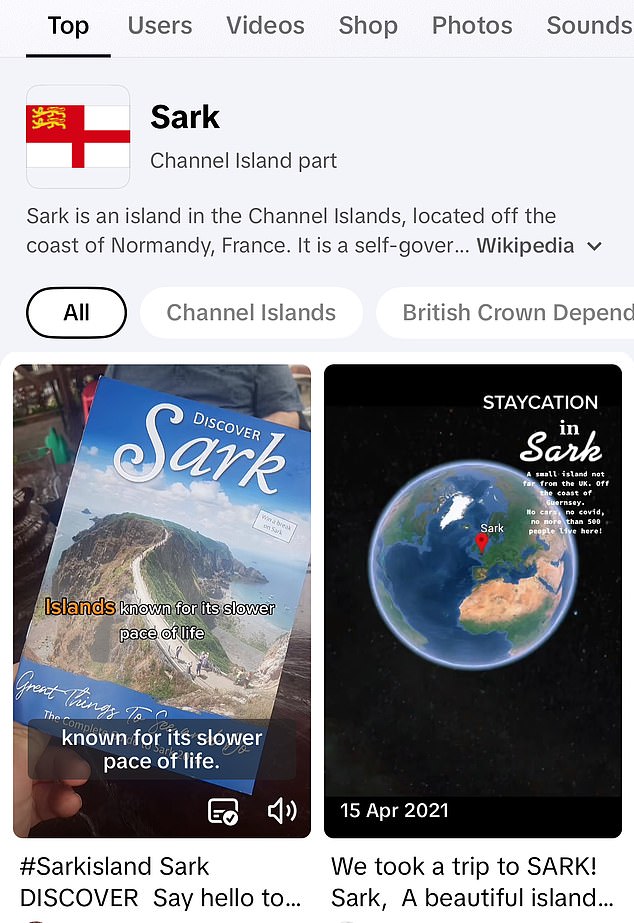
Cerys Lockridge, who is 24 years old, has been enjoying that experience ever since she graduated from university about two years back, and she adores island living.
"I was pursuing an Events Management degree at a university in Preston when I opted for myplacement year in 2021 and chose Sark," she shared with MailOnline.
Nobody knew about it; the choice was made at short notice and was arbitrary.
'The first time I came here, my mother was quite concerned, but after visiting, she mentioned everything seemed okay.'
And Miss Lockeridge is not the sole Generation Z individual to have relocated to the remote island post-graduation.
What drew Amie Strode, who is 21 years old, to the island was the more liberated way of life.
The woman from Oxfordshire traveled solo to Sark for a fortnight in October and commended the liberty that comes with island life.
She originally intended to work in Sark during their tourism season but has now decided to remain through the winter. She was drawn to the idea of gatherings around a bonfire and electronic dance music events at the harbor.
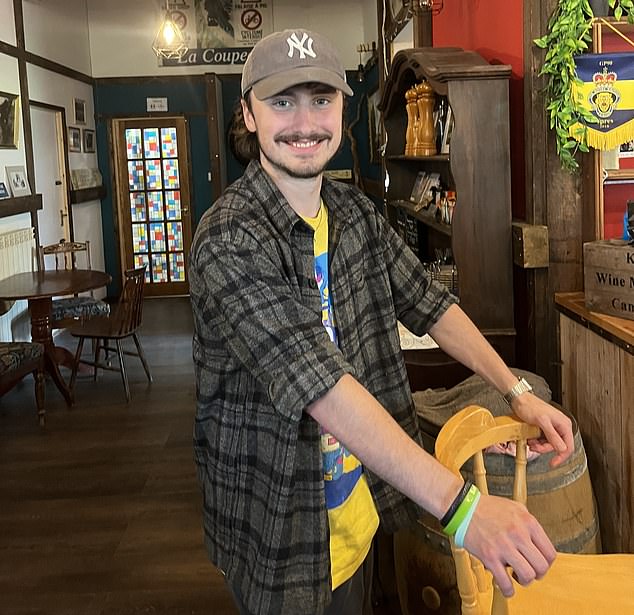
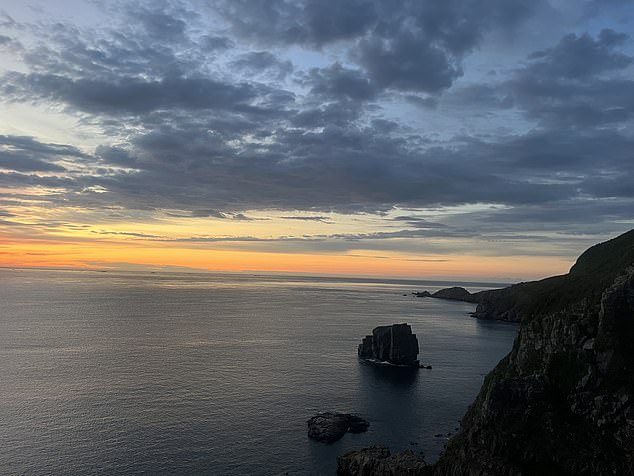
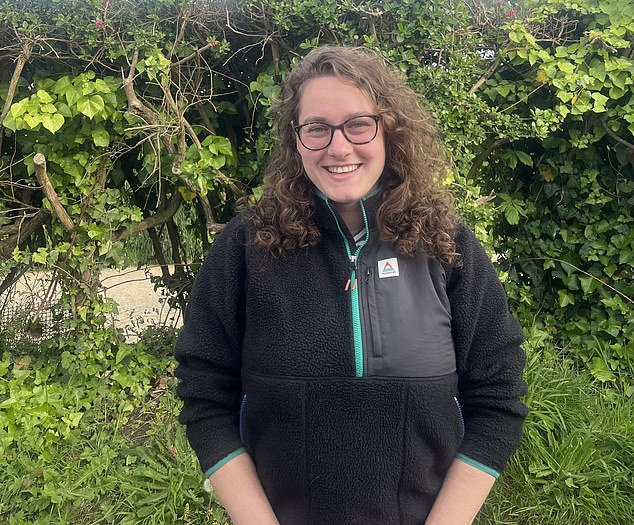
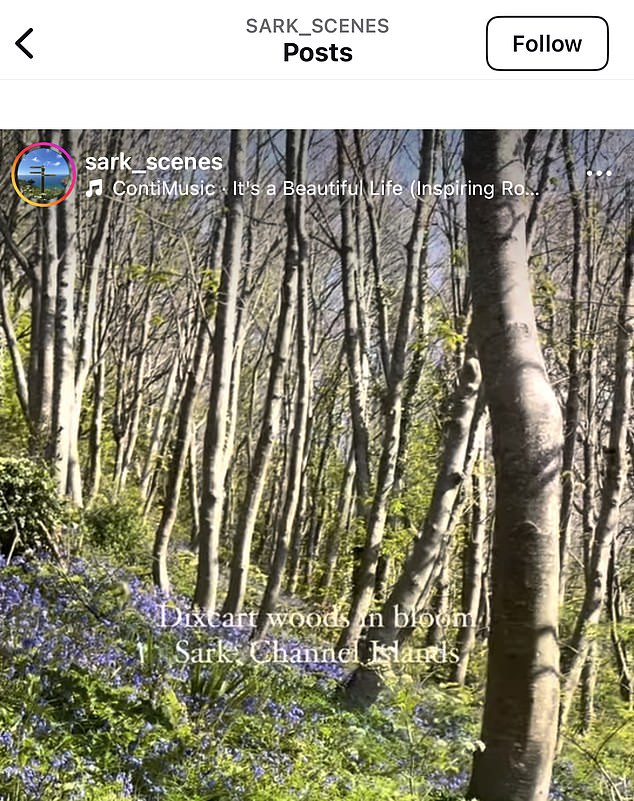
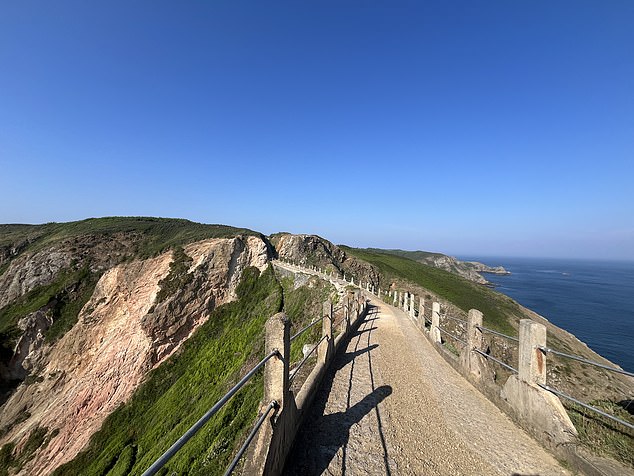
Most Gen Z on the island will tell a similar story, Josh Davis, 22, was studying at Manchester University and came from the big city to Sark to visit family.
Mr Davis, who spent his childhood in Sark, says he currently finds it 'strange' to come back to the city.
As someone traverses the nearly deserted 5.5 km long by 2.5 km wide island, they might look forward to seeing expansive green hills and enjoying panoramic ocean vistas. However, encountering an Australian accent would likely be the furthest thing from their expectations.
However, Molly McLaughlin, aged 27, is among the five Australians who have recently relocated to Sark and have been residing there for the past five years due to the island’s tranquility and picturesque scenery.
She stated, "I used to believe that my desire was to reside in a more populous urban area."
'However, when I consider work-life balance along with the sense of community, there isn’t anywhere else that compares.'
I cannot picture myself achieving the standard of living I enjoy presently.
Ms McLaughlin was raised in Australia and received training as a pastry chef before relocating to the UK six years ago. She has resided in both Yorkshire and London since then.
I was residing in London and disliked how bustling it was, with all the traffic and smog.

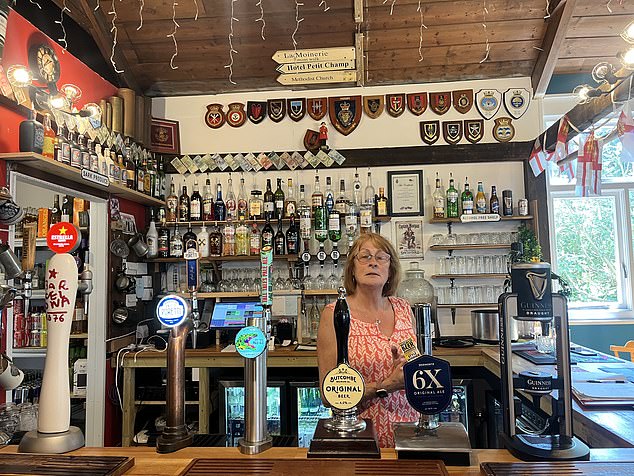
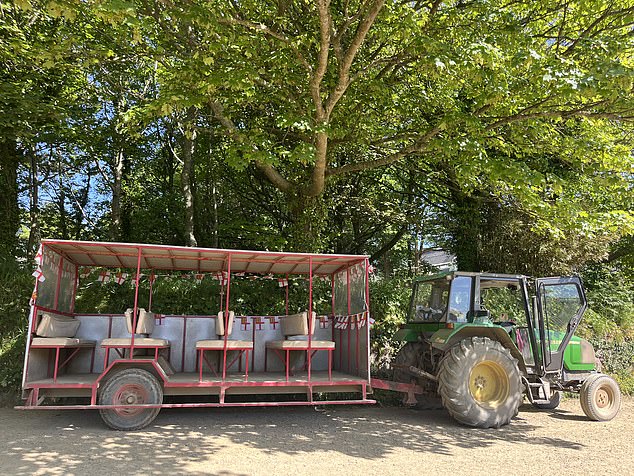
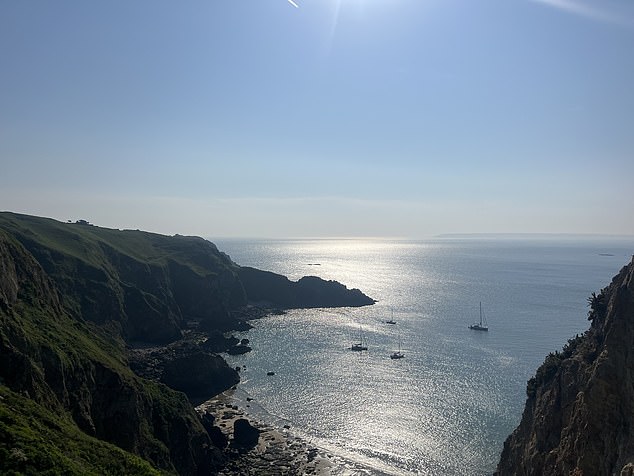
'I searched online for all the chocolate stores and sent them emails applying for a position. They responded, and I decided to seize the opportunity and come over here.'
'On Sark seeing the ocean every day, I can't imagine not living near the ocean now I used to work in a shop in Melbourne with one window and my view was an alleyway.
It's an excellent spot for saving cash if you're young and aiming to earn a substantial amount rapidly.
'For years it's been run by people in their 60s and 70s who didn't understand the power of social media but it will change over time.
'A lot of the older people once they meet someone different to them, if they participate in the community, they're accepted. If you work hard you partake in the community.'
The lack of crime is what Elsie Courtney, 79, who works at the island's only tourist office says draws people, especially young women to the island.
'We've always had a lot of solo female travellers,' she explained.
'Recently, we've noticed more unattached women dropping by.'
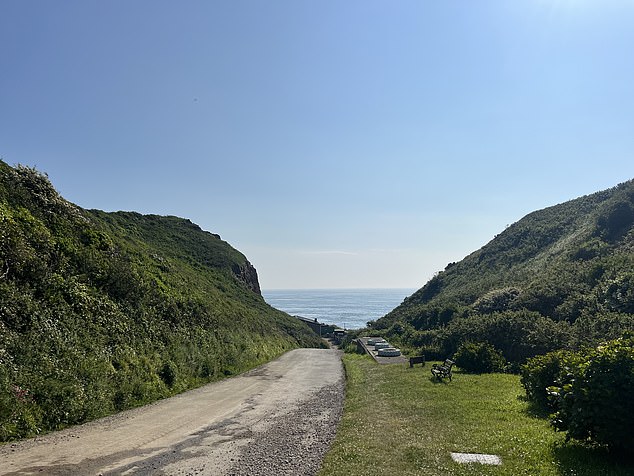

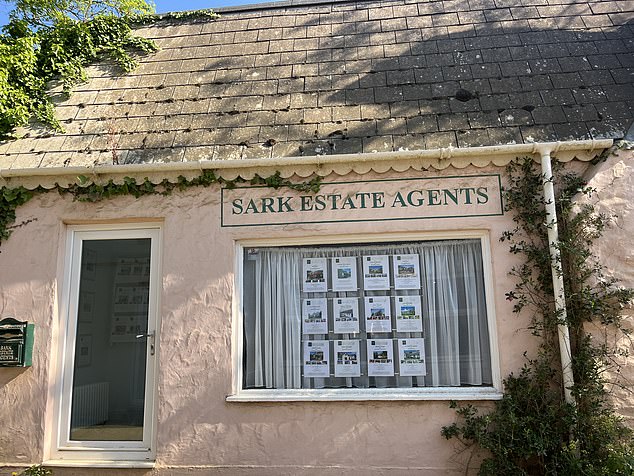
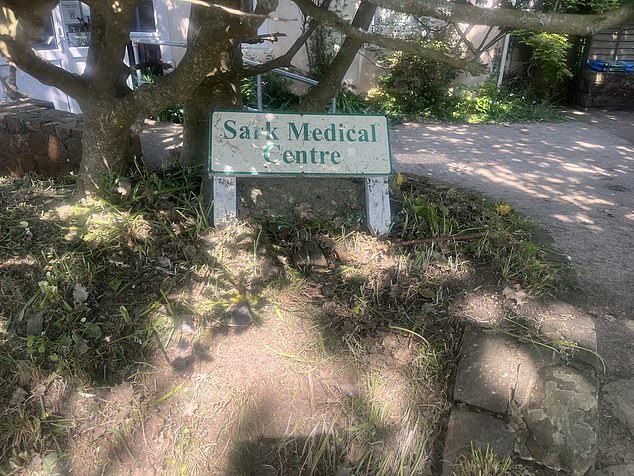
She stated: "I was raised here my entire life, and many women have come through these parts. It’s a secure location, a sanctuary for everyone."
'The country is too tiny to cause any trouble since they would not be able to escape consequences.'
In the close-knit community of Sark, residents find it hard to stroll past one another without pausing for at least a 30-minute conversation.
They often liken their lives to an 'Enid Blyton novel,' where kids enjoy the liberty to venture into nature and time seems somewhat stretched.
Many would argue they feel as though they are 'stuck in the 90s,' yet with transportation limited to walking, cycling, riding horses, or using horse-drawn carriages, it feels more akin to the era of the 1700s.
The tiny island is governed by traditions, and both its distinctive past and the pride with which locals hold this heritage are notable.
In 1565, Queen Elizabeth I bestowed upon Helier DeCarteret a royal charter to establish a colony on the island and protect it from pirate attacks as well as a possible invasion by the French.
He assumed the role of the feudal leader and Seigneur of Sark, a title inherited through lineage and continues to be practiced on the island.
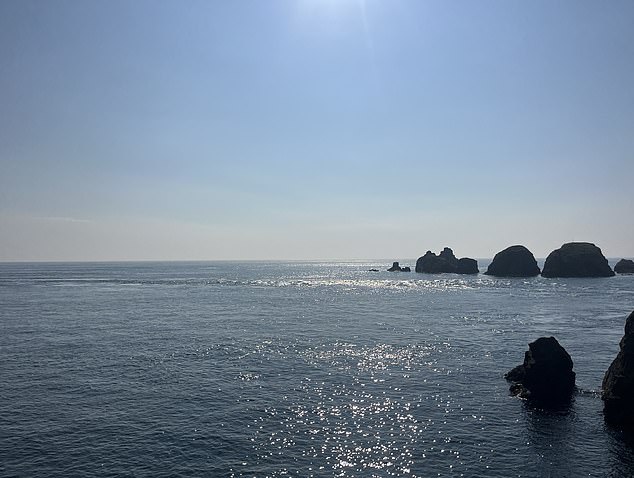
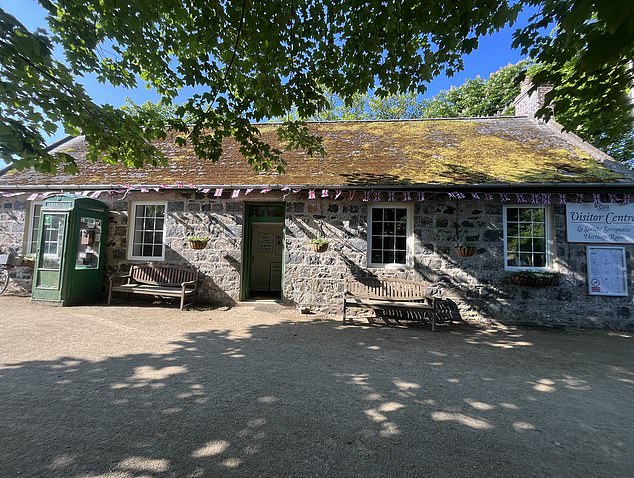
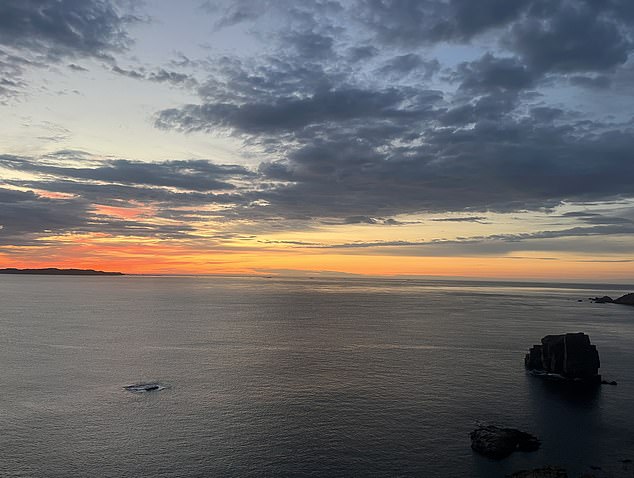
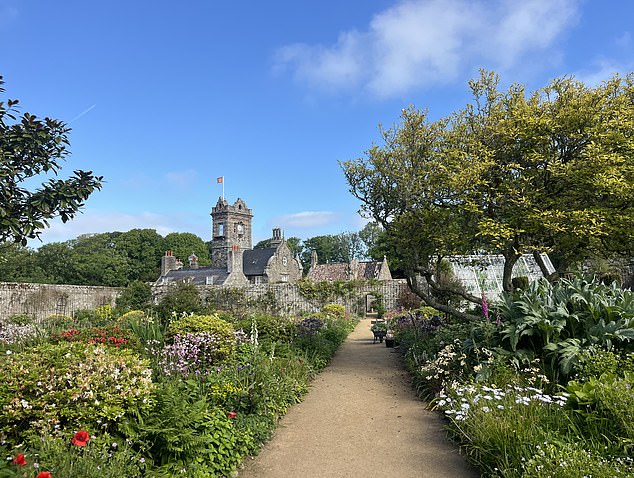
Mr DeCarteret brought 40 men to reside on Sark, allocating the land into 40 tenements. Each tenement included a house for living, an entry point to the sea, and areas suitable for farming.
Some smaller parcels of land were later split off from the tenements known as 'freeholds' and until 2021 the island had 40 tenements and 42 'freeholds'.
In 2021, land reform legislation was enacted and a further six 'freeholds' were separated from existing tenements.
The key issue with this system is that on an island where mortgages aren't available and properties are finite, it is extremely hard to purchase a home.
And any person looking to build on virgin land has to have been a resident of Sark for 15 years.
Fortunately, new residents on the island mention that if you relocate there for work purposes, many of these jobs often come with housing included.
Other people mentioned that it only takes a single visit to the localpub to meet someone from thecommunity who can assist you in findingaplace tostay.
Sandra Williams, aged 60, is employed at one of the three taverns or community gathering spots on the island.
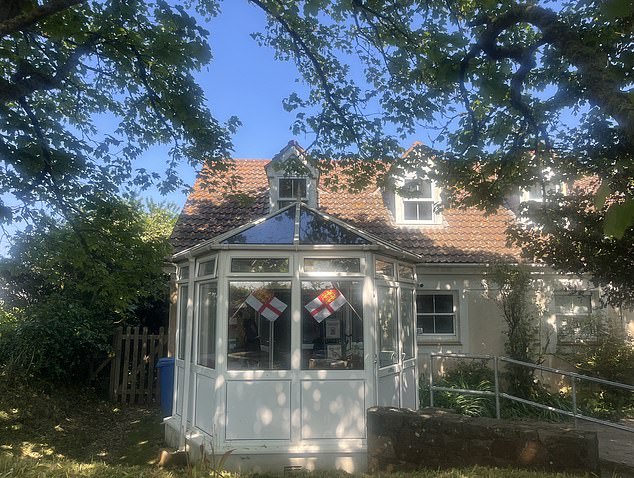

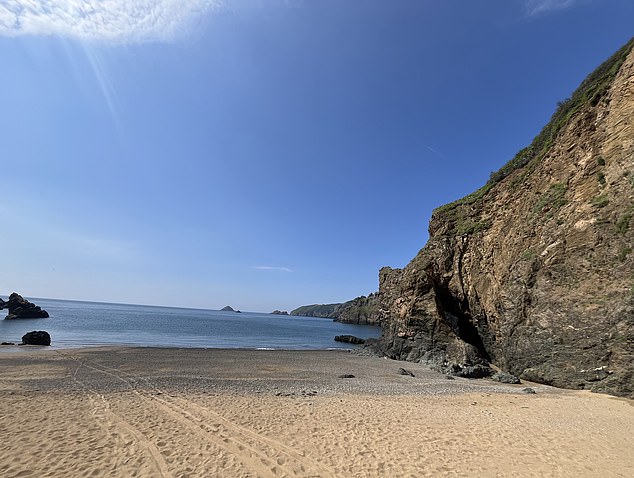
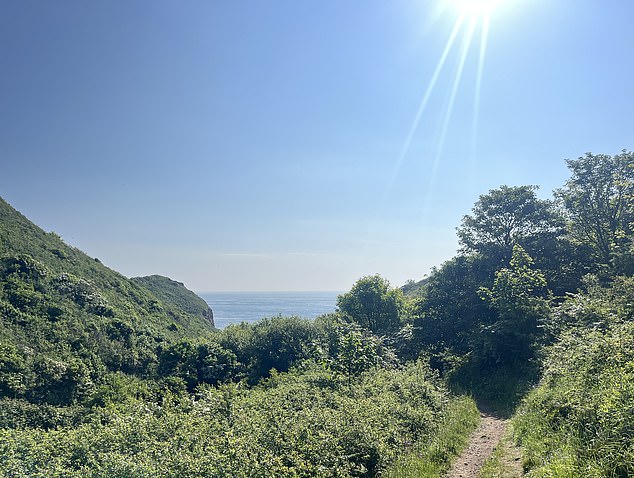
'The Sark resident mentioned to MailOnline that you could visit any pub and spot an acquaintance,' he said.
'We're a group of people dealing with alcoholism stuck on a cliff, but this is exactly where I wish to be.'
I appreciate the idea that some folks describe it as being akin to traveling back in time; we’re civilized and equipped with all modern conveniences, yet there’s something uniquely distinct about us.
When you arrive here, folks put in considerable effort as their workload is highly seasonal with extended working hours. Much of the social interaction revolves around visiting pubs; this is where they gather and spend time together.
Despite the community being extremely tight-knit, there is no free welfare system in Sark.
In fact, the nearest hospital is an hour ferry ride away and emergency vehicles are pulled by tractors or horses.
There is no dentist but you can find a small medical centre on the island as well as one doctor and nurse.
While their services are monetary, residents do tend to help each other out when it comes to urgent medical care.
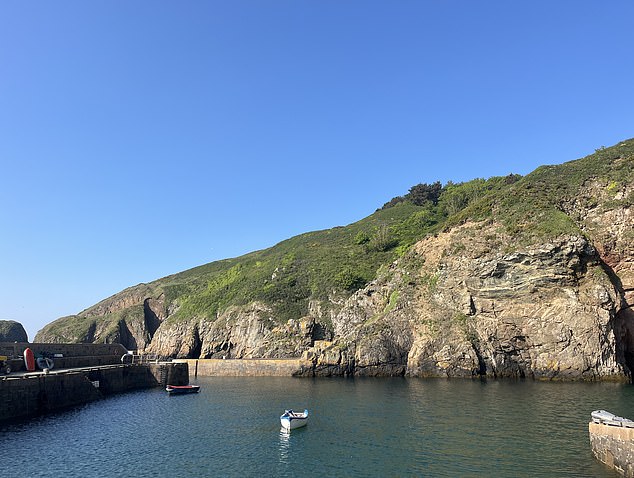
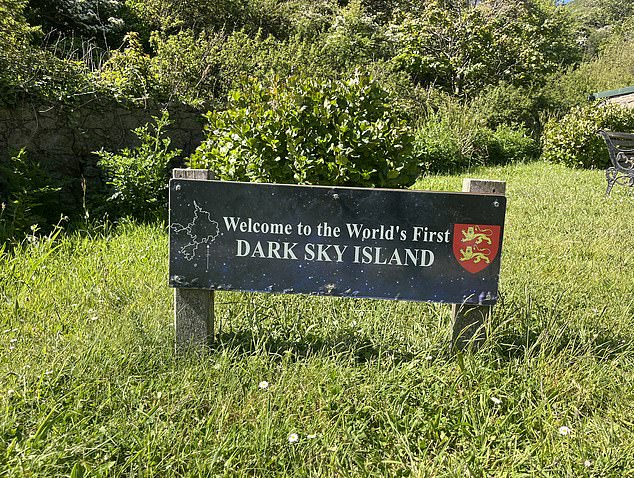
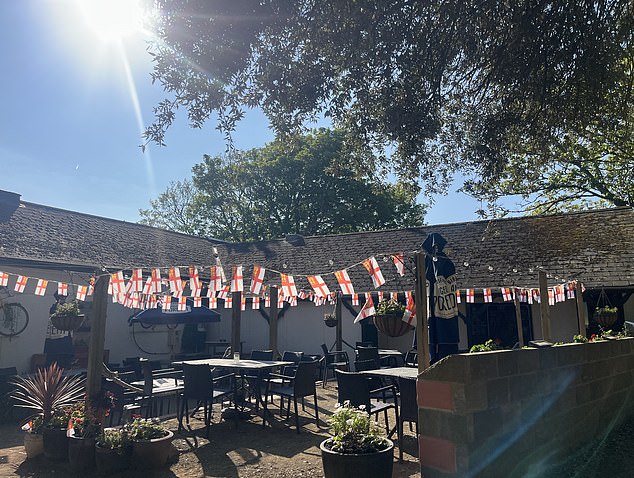
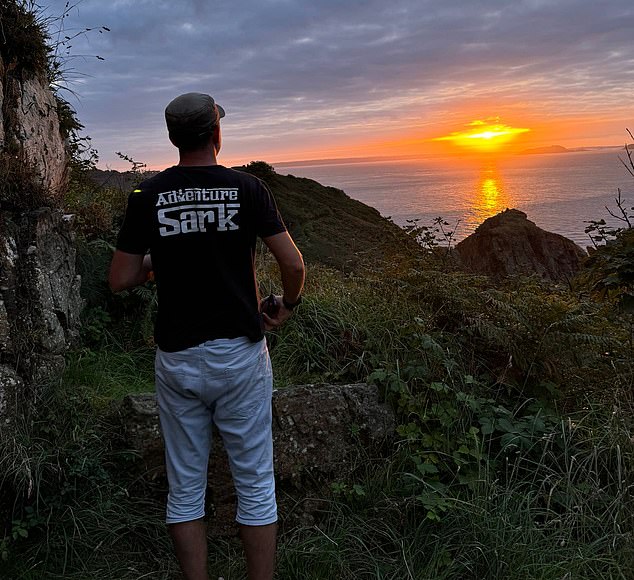
'The no vat on alcohol and tobacco is massive benefit because a lot of the revenue goes to the island and the actual island resources,' explained Ms Williams.
Residents instead point out that the main drawback of residing on the island is the absence of both a McDonald's outlet and a proper Chinese restaurant.
People with boats are supposed to head over to Guernsey and fetch orange chicken and noodles for everyone on the island.
It’s that old-school, community-focused mentality that every Sarky (the endearing term for locals) claims makes it an incredible place to call home.
Ed Stone, a 37-year-old remote-working accountant, finds himself immersed in guiding kayaking trips, steering alongside others, and organizing stargazing excursions during his leisure time, feeling content nowhere else but here.
He mentioned, "It's incredibly serene and exudes an island vibe, plus there are no vehicles which was a major draw for me initially. The absence of traffic really transforms the atmosphere."
'Focus on work for a superior quality of living/ what draws me most is the excitement just outside my door.'
'I have never come across people who claim they cannot handle things and find it all overwhelming.'
Read more
Post a Comment for "On a Tiny Tax-Free Island 100 Miles from the UK, Life Is Radically Different"